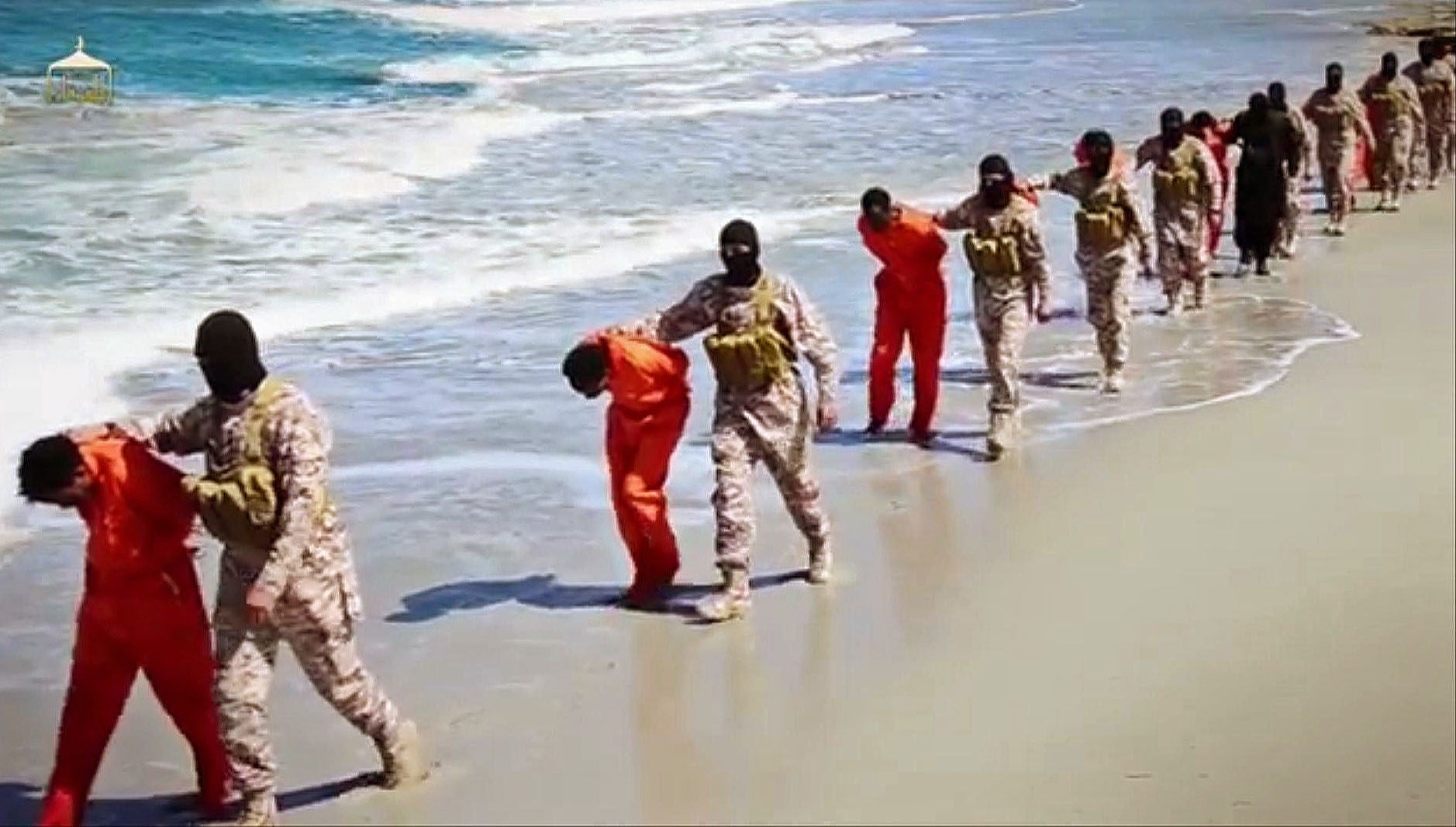The administration of Egyptian President Abdel Fattah al-Sisi has announced a three-month extension to a state of emergency it imposed on parts of the northern Sinai Peninsula as the country’s military launches counterterrorism operations against jihadists in the region.
Meanwhile, International Christian Concern (ICC), a Christian persecution charity, has accused the Egyptian government’s police units of complacency towards the abduction of Coptic Christians, which the organization argues has fostered a climate of impunity in Minya province where the kidnappings for ransom have spread.
Sinai Province, an affiliate of the Islamic State (ISIS/ISIL), is based in the Sinai peninsula.
Hundreds of Egyptian soldiers and policemen have been killed by Islamists in Sinai since mid-2013, following the removal from power of Muslim Brotherhood Islamist President Mohamed Morsi led by then-military chief Sisi after mass protests against his rule.
“The state of emergency extension, announced by now President Sisi in a written decree on Wednesday, will be implemented in Rafah, al-Arish, Sheikh Zuweid and surrounding areas starting retroactively from Tuesday and also extends a night-time curfew,” reports Reuters.
“The measure was first introduced exactly one year ago after 33 security personnel were killed in an attack at a checkpoint in northern Sinai,” it adds. “It was extended by three months in January, April, and July.”
Sinai Province claimed responsibility for the attack last year. The ISIS affiliate, which aims to overthrow the government in Cairo, changed its name from Ansar Bayt al-Maqdis and has primarily focused on targets in Sinai.
On Sept. 7, the Egyptian military announced an operation against jihadists in Sinai conducted by joint police and army units.
An estimated 535 militants were killed in just two weeks during the first phase of the offensive, according to the military.
Elsewhere in the country, Father Estafanous Shehata, the lead priest of the Samalout Diocese in Minya province, told ICC that the government has failed to hold Christian kidnappers accountable, adding that cases of abduction are not uncommon in Egypt, reports Christian Today.
“Most of the kidnapping Christian cases occurring in Minya indicate the weakness and inaction of the security which is the arm of the state to impose its prestige, in light of the perpetrators’s impunity which leads to repetition of these kidnapping cases,” said Father Shehata.
“In some kidnapping cases, ransoms have been paid but the abductee has not been returned, either having been killed or sold,” notes Christian Today.
Minya has been a “flash point” of frequent sectarian clashes between Muslims and Christians, declared Al-Monitor.
“A group kidnapped a five-year-old boy, Kastor Amir Bushra, from Dafash village in [Minya Province] on the morning of 21 October,” reveals Christian Today. “They scaled the rear wall of the home owned by his father, Amir Bushra, and broke into the apartment on the second floor. They then went to the child’s bedroom where he, his 12-year-old sister and 9-year-old brother slept.”
“Taking the boy, they left a mobile phone on his bed and fled the house,” it adds. “The kidnappers later contacted the child’s father through the mobile phone demanding a ransom of 200,000 EGP (nearly $25,000) in exchange for his son.”
Amir Bushra, the boy’s father, contacted the police, but they reportedly did nothing.
“The family decided to pool resources and paid the kidnappers a negotiated fee of 45,000 EGP (more than $5,600) for the return of Bushra’s son,” reports. “The exchange was successful and Kastor was returned to his father.”
ISIS released a video in February purportedly showing the jihadist group beheading 21 Egyptian Christians who had been previously kidnapped in Libya.
In response to the slaughter of Christians, the government of al-Sisi launched airstrikes against ISIS targets in Libya. The Obama administration refused to back the Egyptian air campaign against ISIS.
The jihadist group is known for targeting Christians for abduction and execution.
